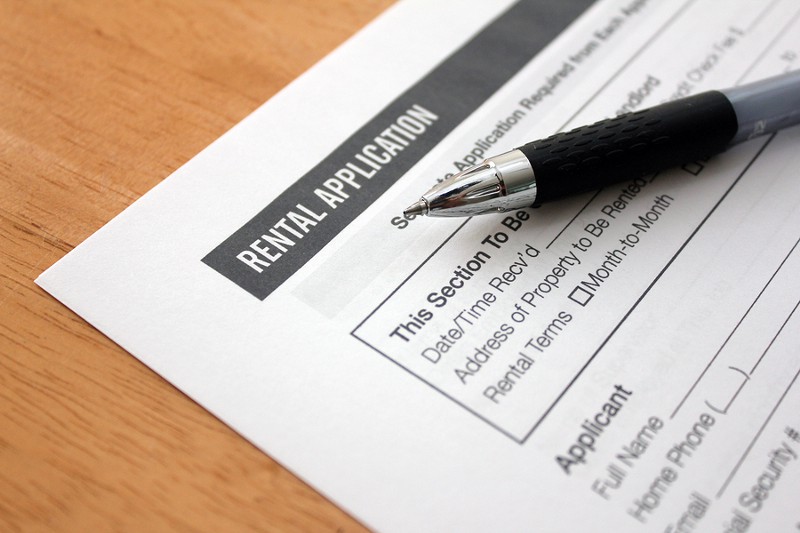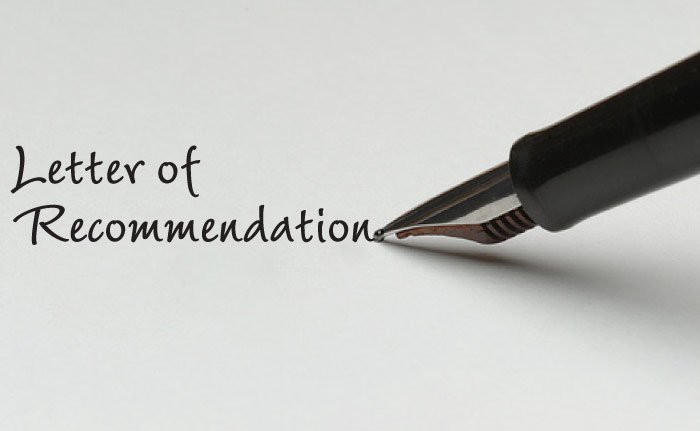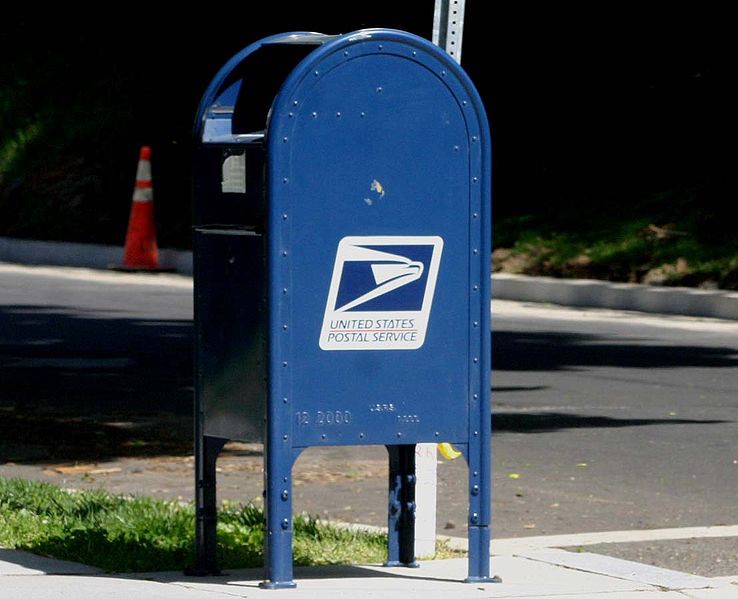Congrats! Your apartment application has been accepted!
Now here’s a giant legal document you must sign to live here… enjoy!
-All Property Managers
Signing a legally binding agreement is a daunting task. Especially when it looks something like this:
😳😳😳😳😳
Unfortunately you can’t just look the other way and sign on the dotted line.
You MUST understand what you’re signing.
Here is what to look for when signing a new lease:
1) Make sure it’s all there.
You can’t assume that everything previously discussed or agreed upon is automatically in the lease. Notably — check the rent amount and lease term.
You should also review the answers they gave to the 7 questions you asked during your visit. Make sure it’s all there and accounted for. The last thing you’d want is to move in and find out your cat can’t come.
Relax kitty. Your owner read the lease… right?
2) Paying & other fees.
The lease should have the property manager’s information on it, including how to contact them and how to pay them. If you need to physically mail a check, give yourself enough lead time so you aren’t charged a late fee.
Leases can sometimes include fees for things like parking, pets, amenities, utilities, and numerous other items. To reiterate — know what you’re signing.
3) Not sure? Just ask!
Don’t let the size and scope of this big agreement scare you. If something seems off, doesn’t look right, or is just confusing… ASK!
This is a legally-binding agreement so it’s perfectly reasonable to ask questions. You should be reviewing and signing with someone from the property management side so that the terms are clear and understood.
4) Have everybody sign.
Obviously you and your landlord need to sign. In certain cases, where you don’t meet the property manager’s income requirements, you’ll also need a guarantor to sign with you.
If others are living with you, they should also be signing the lease. If their name isn’t on the lease, they aren’t legally responsible to pay rent. Don’t get stuck with the entire lease in your name.
5) Sign and save.
After you agree to the terms and sign the lease, make sure you get a copy. It’s important to have this for your records so that you can reference the original agreement whenever you need to.
And that’s it!
You’ve got a new apartment. Time to party!












